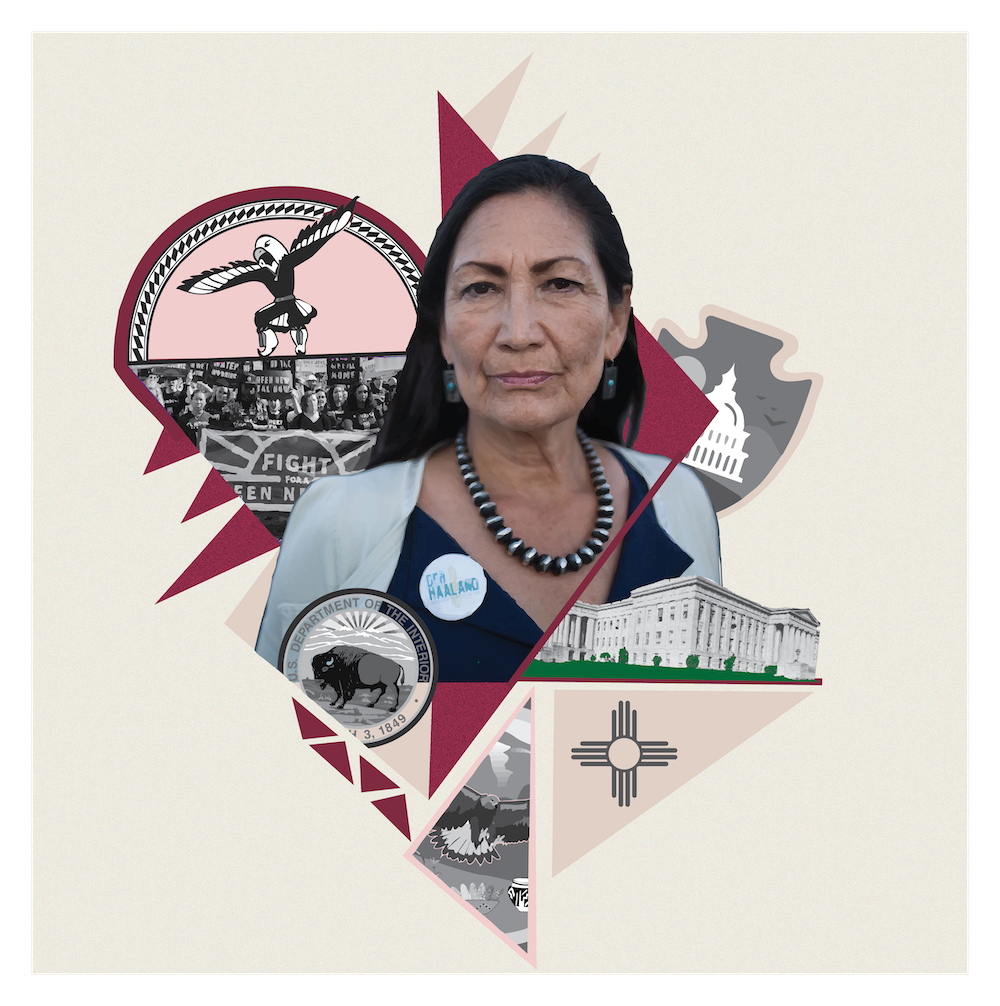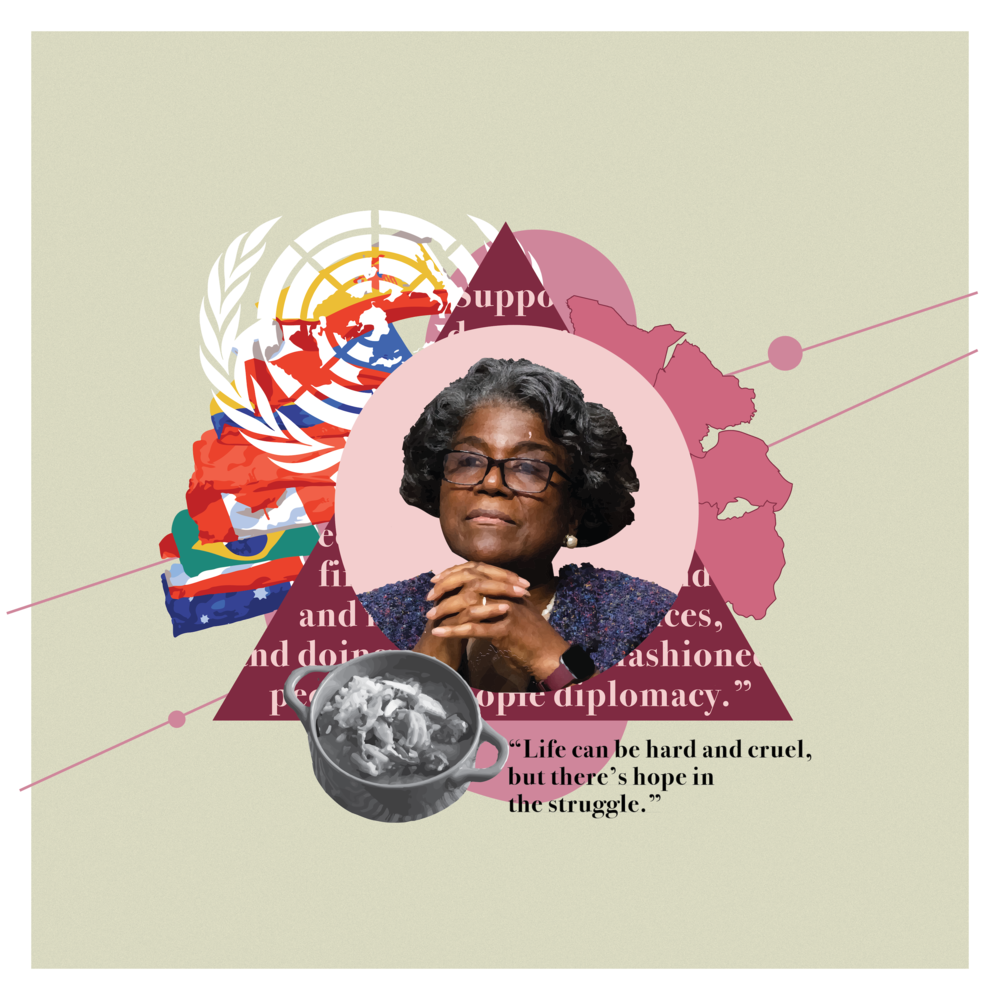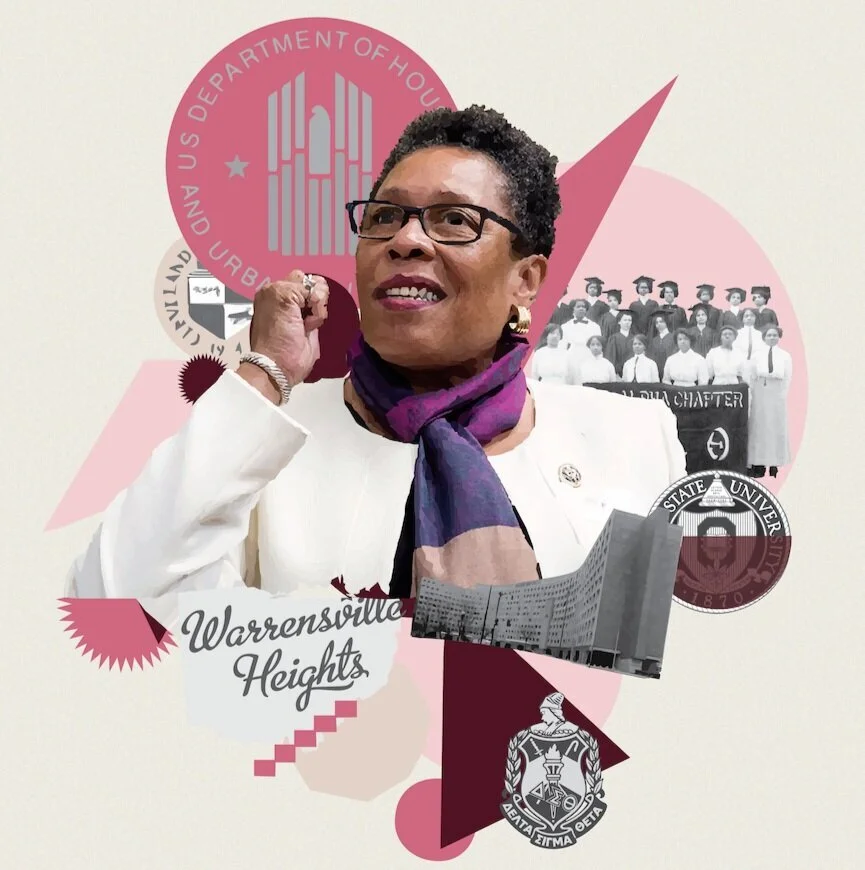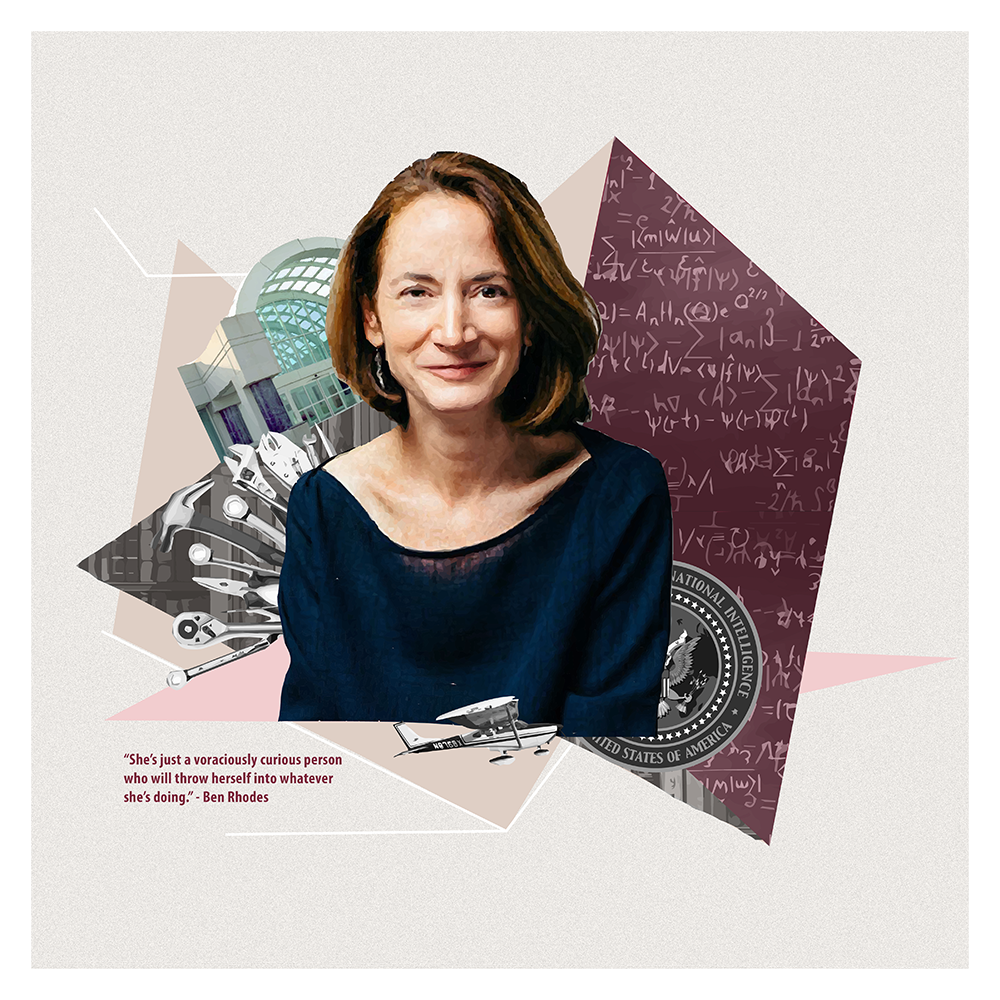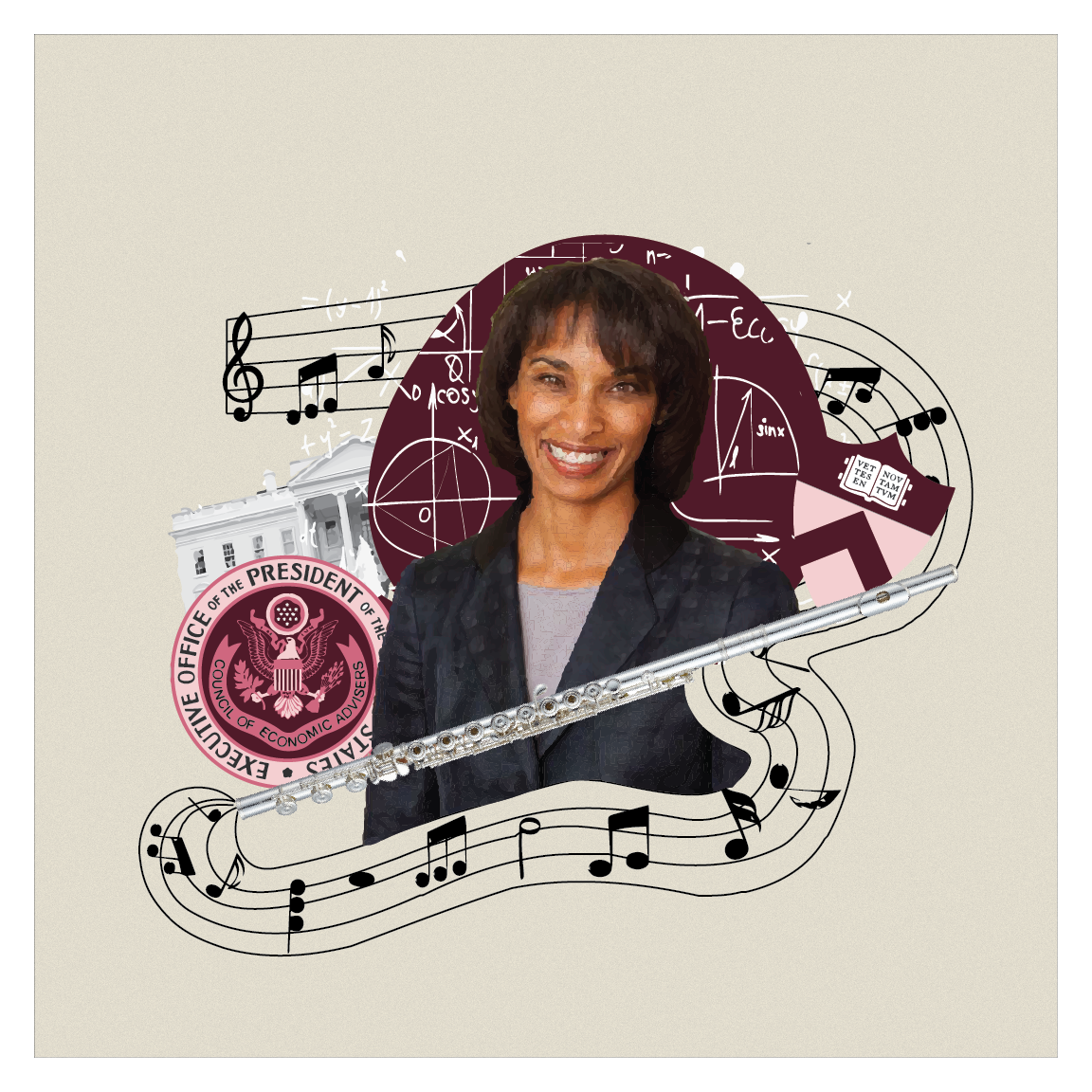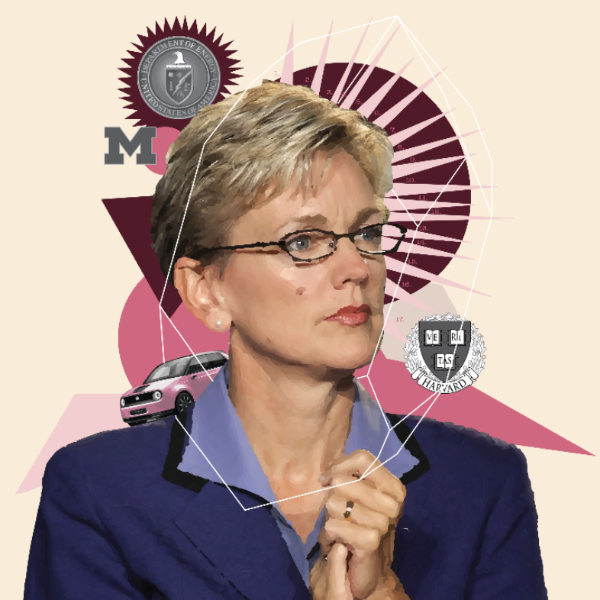and continue to fight for the ERA
Today is International Women's Day. The first recorded "Woman's Day" was observed across the United States on February 28, 1909. The next year, a second International Conference of Working Women was held in Copenhagen. Clara Zetkin, leader of the 'Women's Office' for the Social Democratic Party in Germany at the time, proposed that there should be an annual holiday in every country to advocate for women's rights.
The conference, made up of more than 100 women from 17 countries (including the first three women elected to the Finnish parliament), passed the resolution unanimously. The following year, International Women’s Day (IWD) was observed for the first time in Austria, Denmark, Germany and Switzerland. According to the IWD history timeline, “more than one million women and men attended IWD rallies campaigning for women's rights to work, vote, be trained, to hold public office and end discrimination.
March for women’s rights 1977
I think we can all agree that it's more than a little frustrating that more than a century later, women across the world are still demanding equality in many of the same areas. Add to that the fact that here in the United States, the Equal Rights Amendment (ERA) — which was first drafted and introduced in Congress in 1923! — still hasn't been formally published as the law of the land. The amendment, passed by Congress in 1972 and ratified by the 38 states required by the Constitution, has not been made law because of a technicality in its drafting — namely, a ratification deadline set by that 1972 Congress. Several states, including Nevada (2017), Illinois (2018) and Virginia (2020), ratified the ERA after the deadline.
“Equality of rights under the law shall not be denied or abridged by the United States or by any state on account of sex. The Congress shall have the power to enforce, by appropriate legislation, the provisions of this article.”
Last week, the Senate held its first hearing on the ERA in 40 years, with many lawmakers saying that, as ABC News reported, "Congress has the power to lift the deadline because they had the power to impose it in the first place."
Renewed interest in the amendment in state legislatures grew during the #MeToo movement, with women lawmakers and their allies pushing to ratify it in states that failed to do so in the 1970s and 1980s. Some legal scholars suggest that the ERA might be used to protect women's reproductive rights in the wake of the Supreme Court's Dobbs decision.
That remains to be seen, but in a world where 85% of UN members have language in their constitutions that explicitly guarantees equal rights or prohibits discrimination on the basis of sex and/or gender, the United States is an outlier.
“More than 70 percent of Americans think we already have sex equality in our Constitution — but even after 100 years of struggle, we don’t,” Zakiya Thomas, president and CEO of the ERA Coalition and Fund for Women’s Equality, recently told Ms. Magazine. “It has never been more clear that we need those protections to prevent further roll back of our rights; it’s past time that we acknowledge that the Equal Rights Amendment is valid and enforceable today.”
Earlier this year, Rep. Ayanna Pressley (D-MA) and Sen. Ben Cardin (D-MD) led their colleagues in unveiling a bipartisan resolution affirming the ratification of the ERA. In a joint statement, they said that the amendment will serve as "a new tool — for Congress, for federal agencies, and in the courts — to advance equality in the fields of workforce and pay, pregnancy discrimination, sexual harassment and violence, reproductive autonomy, and protections for LGBTQ+ individuals."
"I'm dismayed that in 2023 that we still have to fight to be seen as full citizens," Rep. Pressley told ABC News This Week, "given the contributions of women as defenders of our democracy and all of the contributions we make to civic life and to our economy. It's long past time."
#EmbraceEquity
For the past 20+ years, the United Nations has designated a theme for each IWD, and this year the theme is "Embrace Equity." It presents a valuable opportunity to talk about the difference between "equality" and "equity," two terms that are often used interchangeably, but don't actually mean the same thing.
The difference is important. For example, although women have the right to vote and run for office, women are underrepresented in government in most democracies in the world. This is where equity comes in. The playing field is not level. In an equitable society, every person receives the resources and opportunities they need to reach an equal outcome.
So, for example, in the countries that do have 50% representation in government — there are only four: Rwanda, Cuba, Nicaragua and the United Arab Emirates — it's because gender parity laws have been passed to ensure equal representation. In Rwanda, gender parity in its legislative body is a requirement in its constitution!
The IWD 2023 #EmbraceEquity theme seeks to get the world talking about why "equal opportunities are no longer enough" — and can in fact be exclusionary, rather than inclusive. The goal of equity is to change systemic and structural barriers that get in the way of people's ability to thrive.
I hope that you'll give the idea of equity some thought this week. Because in addition to my politics example, equity comes into play in every aspect of our lives. Equity takes into account historical and other factors in determining what's fair. It's about considering where each person starts out. The opportunities that are available to everyone may not be enough for them.
Perhaps the most important thing we can do to create equity is to listen to the perspectives of those who lack it, and then come up with ways to offer the policies, resources and opportunities that they need to succeed — at work, in school, and in communities. This is especially key for solving the big problems that challenge us, such as climate change, racism and poverty which are intersectional, interconnected, and the biggest barriers to equity and equality.
Ideally, through the process of equitable actions, we can achieve equality. And until we do, there will be a reason to keep at least one day a year when we highlight the reality of the barriers that still exist to equality and equity, and the need to continue the work towards truly equal opportunities for everyone, everywhere.
Onwards!
- Pat




